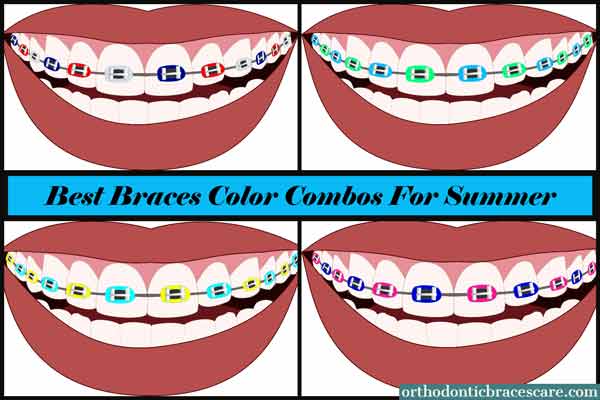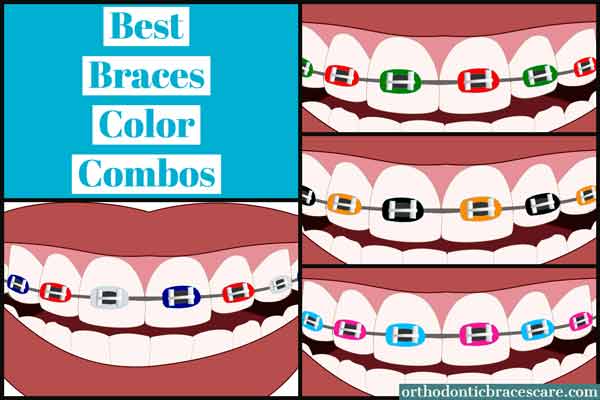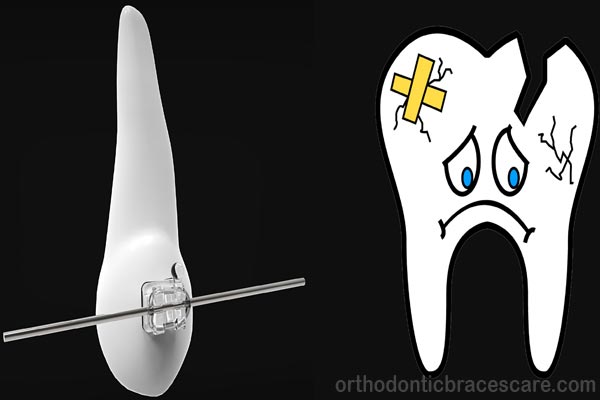Orthodontic Braces
Orthodontic Braces or dental braces help straighten and align your teeth when you have malocclusion, overbite, underbite, misaligned, crowded or, crooked teeth.
Here you will get the answer to the questions related to braces, solutions to your problems and tips.
Types of braces
Braces are of different types, such as-
- Traditional or metal braces
- Ceramic braces
- Lingual braces
- Invisalign
Uses of braces
The orthodontist attach braces to correct-
- Malocclusion or Misaligned teeth
- Crowded teeth
- Overbite
- Underbite
- Openbite
- And, others
Components of braces
There are many components of braces.
Brackets are the part attached to the teeth with the help of glue.
The archwire is then placed on the slot of the bracket. The archwire is the active part f braces. When they are activated, put force on teeth through brackets. This causes tooth movement.
Springs are also active components. There are different types of springs, such as coil springs, forsus springs.
Various types of Elastics also help move teeth. These are the power chains, rubber bands, etc.
Power chains are mainly helping to close space between teeth. They have other functions, too.
Rubber bands help fix overbite, underbite, and open bite. There are different types of rubber bands.
Ligatures are also elastics, but they don’t move teeth. They hold brackets in position.
We discussed all of these parts and braces in various articles. You can read those.
Orthodontic treatment with braces needs a couple of years to complete.
But, in the end, you get a wonderful smile.
You should follow instructions proved by your orthodontist like cleaning properly and taking care of your braces to get a better outcome.
Braces cost may vary depending upon the case and length of treatment.



